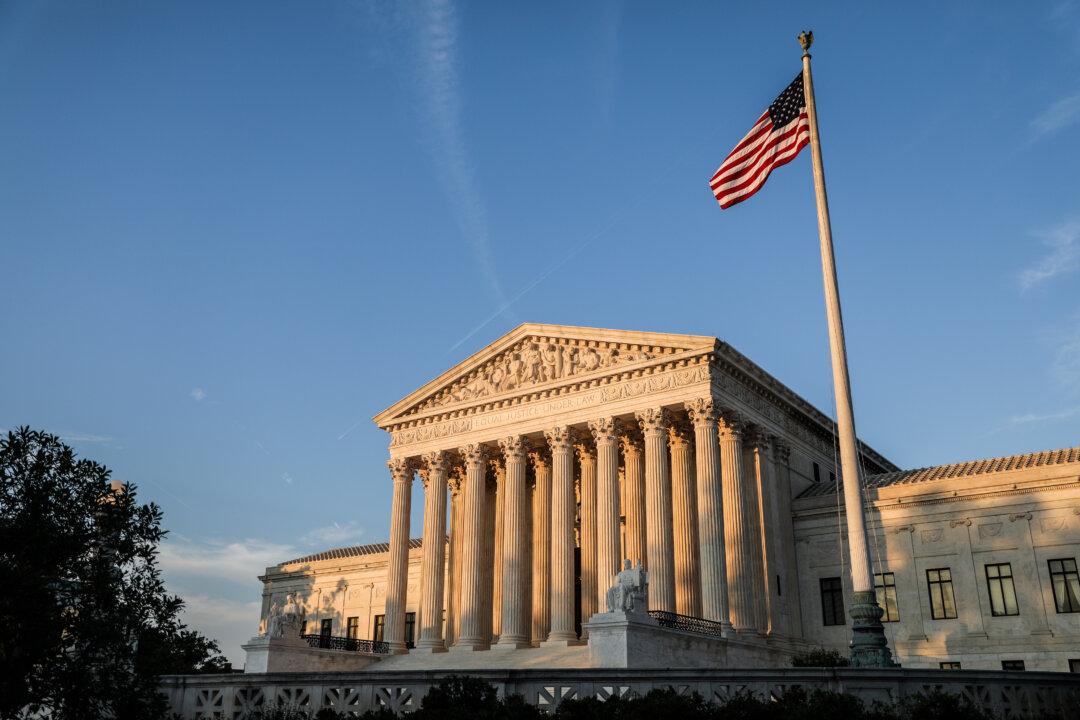The Supreme Court will wade into the Trump administration’s contested decision to ask individuals responding to the 2020 census if they are U.S. citizens.
Opponents of restoring the citizenship question to the census—it had been part of it until the 1950s and is still part of the long questionnaire given to some participants—say its presence in the census will chill participation, making it less accurate and more expensive to conduct.





